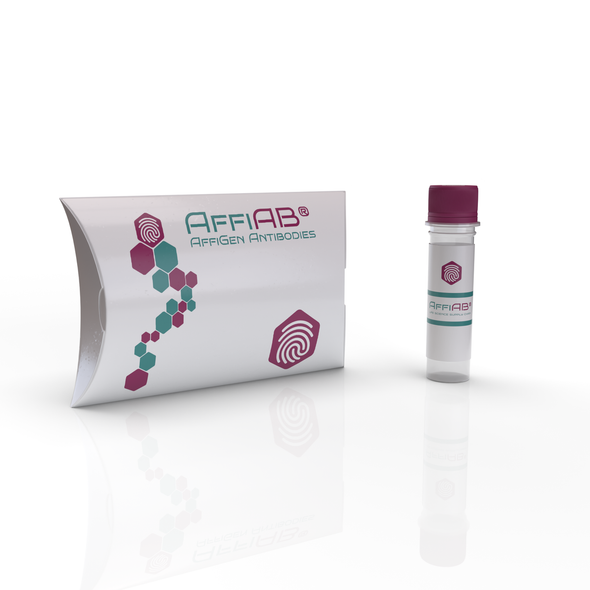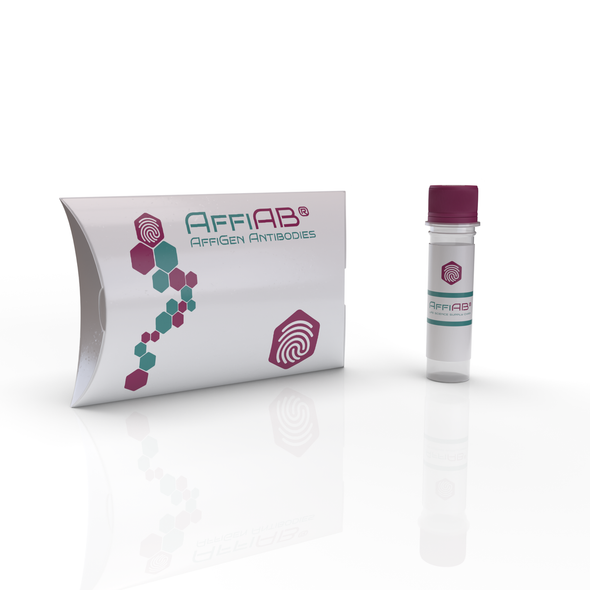AffiAB® Goat Anti-Nucleolin Polyclonal IgG Antibody
- SKU:
- AFG-AB-174
- Availability:
- 3 to 5 Days Shipment
- Size:
- 100 µg
- Concentration:
- 1 mg/ml
Description
The AffiAB® Goat Anti-Nucleolin Polyclonal IgG Antibody is a high-performance antibody for detecting the Nucleolin protein in biological samples. Its superior specificity ensures reliable results and its polyclonal IgG structure ensures cross-reactivity with different Nucleolin forms.
The AffiAB® Goat Anti-Nucleolin Polyclonal IgG Antibody is an antibody specifically designed to target and detect nucleolin protein. Nucleolin is a multifunctional protein that is primarily located in the nucleolus, but it can also be found in other cellular compartments.
This polyclonal antibody is produced by immunizing goats with purified nucleolin protein or a specific peptide sequence derived from nucleolin. Following immunization, the antibody is purified from goat serum to ensure high specificity and quality.
The AffiAB® Goat Anti-Nucleolin Polyclonal IgG Antibody is widely used in research applications to study the function and localization of nucleolin in various cellular processes. Nucleolin is involved in multiple cellular activities, including ribosome biogenesis, RNA metabolism, chromatin remodeling, DNA repair, and cellular stress responses. By targeting nucleolin, researchers can investigate its role in these processes and its potential implications in diseases such as cancer, neurodegenerative disorders, and viral infections.
This antibody can be used in techniques such as Western blotting, immunohistochemistry, immunofluorescence, and immunoprecipitation to detect and analyze the expression and subcellular localization of nucleolin in different cell types and tissues.
It is important to note that the AffiAB® Goat Anti-Nucleolin Polyclonal IgG Antibody is specific to nucleolin and may not cross-react with other proteins. Researchers should validate the antibody's performance and specificity for their specific experimental conditions.
In summary, the AffiAB® Goat Anti-Nucleolin Polyclonal IgG Antibody is a valuable tool for studying the function and localization of nucleolin, providing insights into its involvement in various cellular processes and its potential as a therapeutic target in human diseases.






